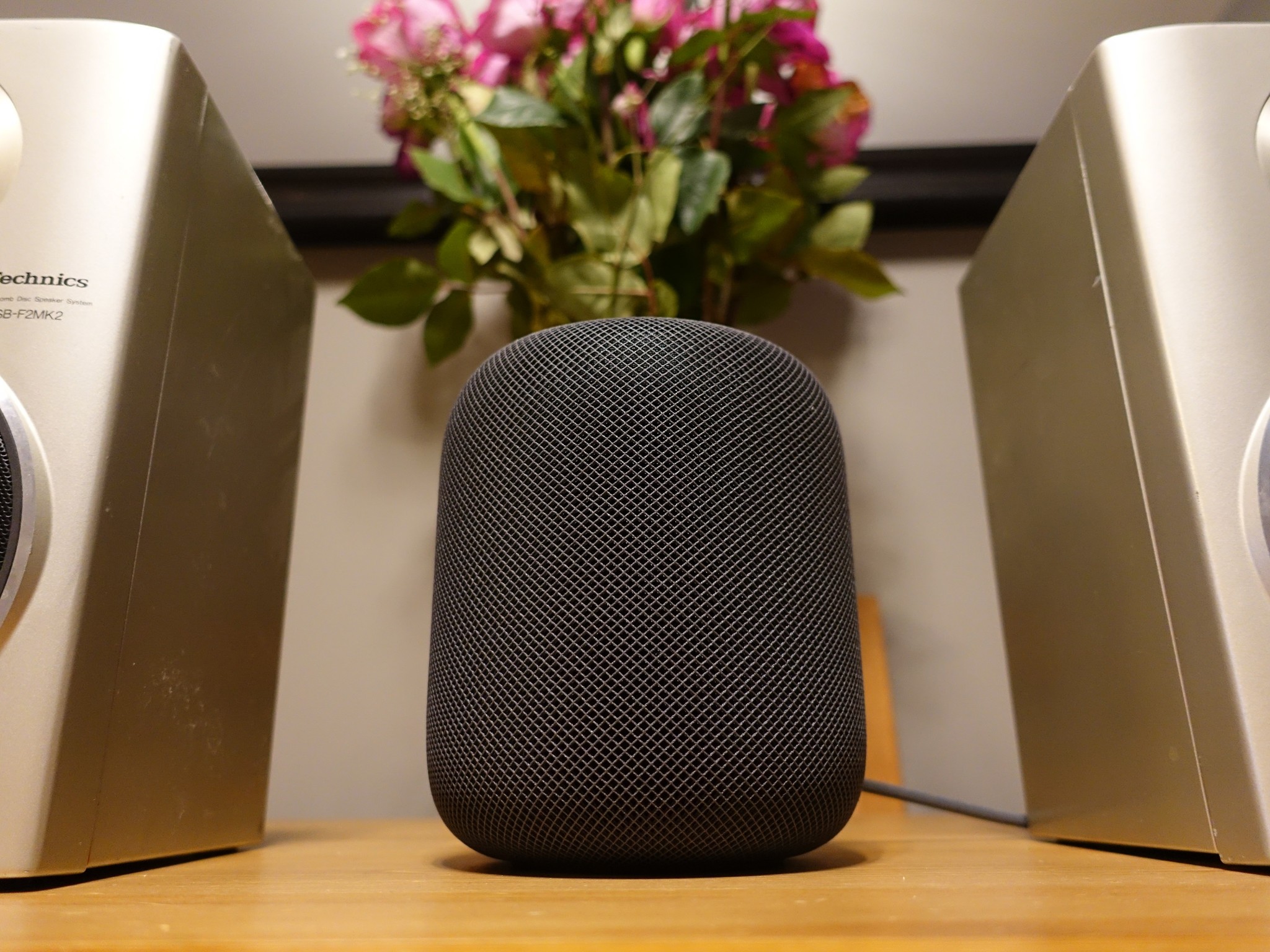I'm almost grateful Apple's Canadian rollout of the HomePod speaker comes over four months since it debuted in the U.S., UK, and Australia: the kinks have been straightened, the bugs ironed, and the feature list lengthened. AirPlay 2 is here, and with it multi-room support and the ability to pair two HomePods in stereo. Siri is now marginally smarter, though still confined largely to Apple's world and a small list of partner services. HomePod is, by all accounts, a better product than it was when it was breathlessly reviewed in February, with everyone scrutinizing every spongy millimeter of the company's newest product.
Rene called it "Retina for your ears." The Verge called it "lonely." The New York Times said you "[shouldn't] rush to buy it." The diversity of opinion surrounding HomePod rivaled the selection on Apple Music itself.
Most reviews agreed that it was, at the time, the best-sounding smart speaker around. Many said it was beautiful and had unrivaled intelligence and build quality. Those same people recounted the numerous drawbacks of HomePod's Siri assistant compared to Alexa and Google Assistant.
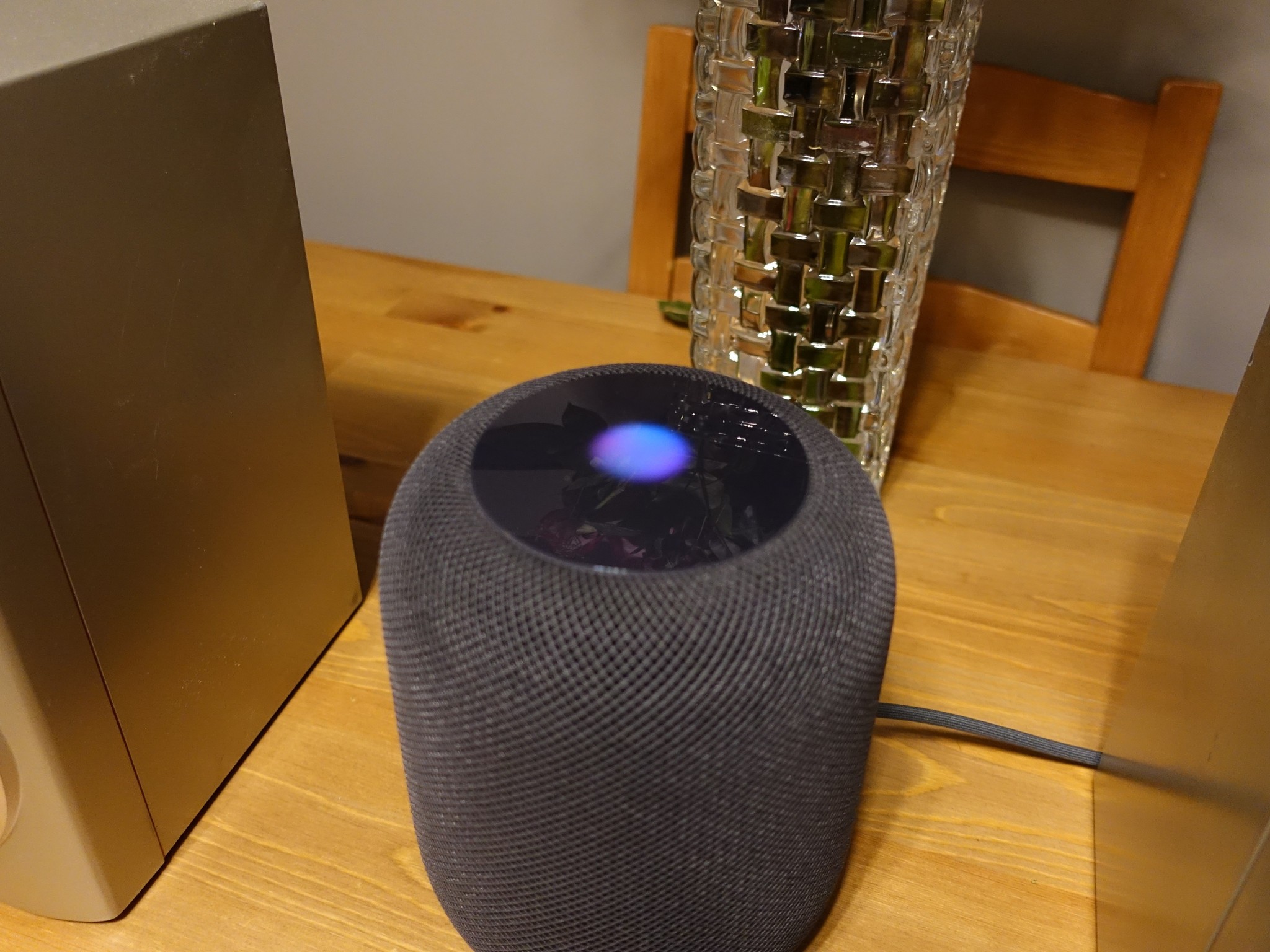
In my brief time with the speaker, which is now optimized for a Canadian audience, I haven't developed a dramatically different take to my esteemed colleague, nor to the bulk of existing reviewers. But I'm coming at the HomePod having spent years with a pretty robust Sonos system, consisting of a Play:5, two Play:1 pairs, and a Playbase. I also have various Google Home and Amazon Echo speakers peppered throughout my house, as well as a Google home Max in my living room — placed on the floor a foot or so below the ledge on which my HomePod sits. And those are just the "smart" speakers: I have enough old-school stereo equipment to entertain a pretty sizeable concert crowd.
Note: Apple says it plans to release an update later this year to optimize the HomePod for French Canadian audiences.
Such a preamble is necessary to illustrate that I don't discriminate when it comes to the origin or fidelity of my music. I'm as comfortable hearing Call Out My Name on an iPhone as I am on a pair of balanced tower speakers. I just love music.
So I'm probably the right person to tell you that, at $449 CAD, the HomePod is a slam dunk. It's the best-sounding compact speaker I've ever heard, and I'm going to buy a couple of them to augment what I already have. Here's why.
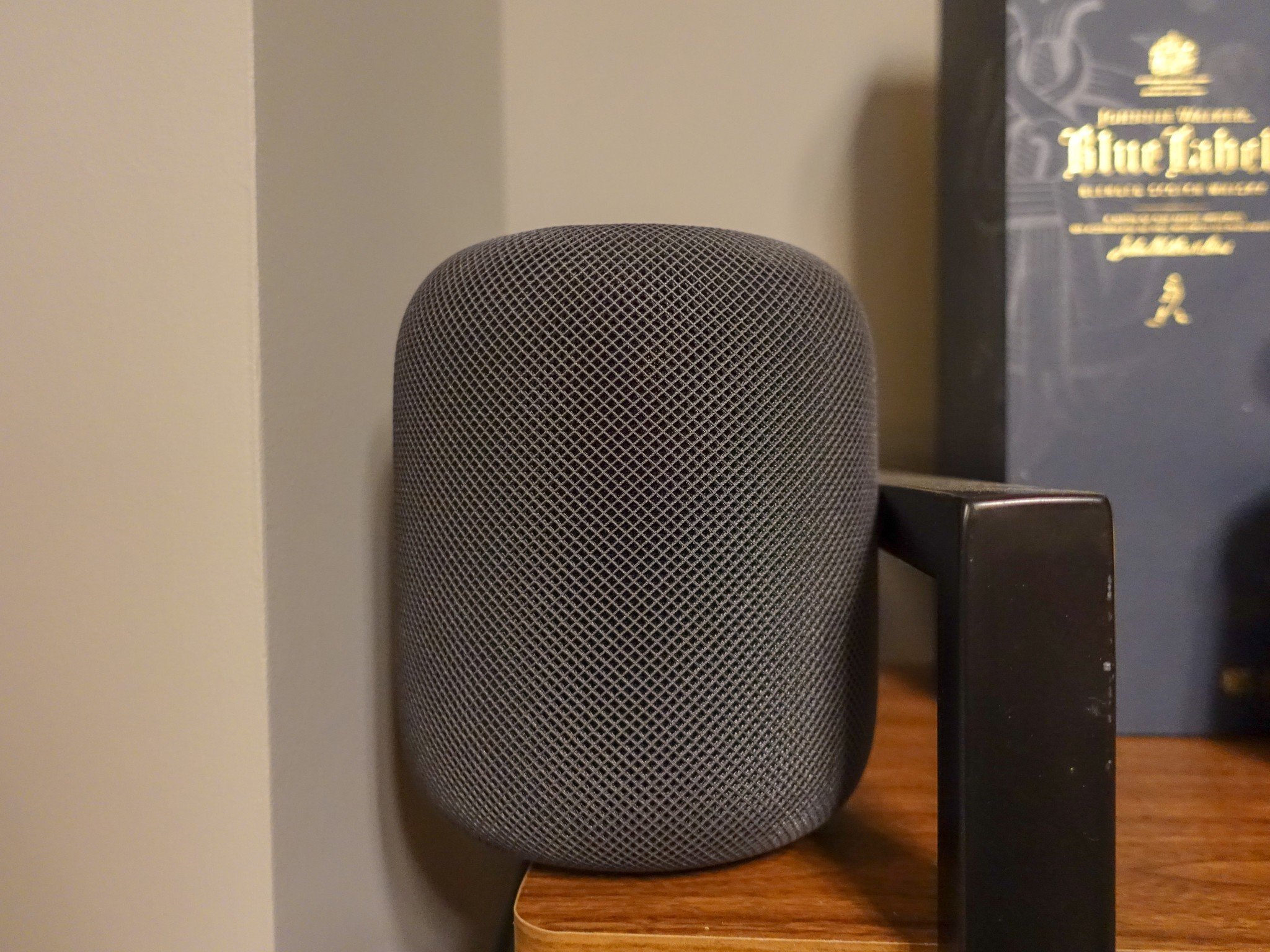
The sound wraps around walls
My living room and kitchen are separated by a massive wall that, as you'd expect, blocks sound waves. To solve this issue, I created a "group" with the Google Home Max in the living room with a smaller Google Home in the kitchen.
HomePod sounds extraordinarily good, period. That it sounds so good for its size is truly remarkable.
A single HomePod sounds better, even when standing in the kitchen listening through the wall, than the Google Home combination. It's remarkable. Apple says it tunes its seven tweeters and single woofer for the room in which the HomePod is placed, and it works.
And despite its size, the HomePod plainly sounds better than the Google Home Max, and costs $50 less. The sound is both brighter and more accurate than the Home Max, and while Google's unit produces boomier, more plentiful bass, HomePod's is punchier and doesn't overwhelm the music. This is especially notable when listening to hip-hop or dance tracks, where the thump of a downbeat is merely part of the music and not the entire song.
I went back and forth between the two speakers for most of an afternoon, calling up my favorite tunes one by one, comparing and contrasting, and I preferred the HomePod in every situation. It's not such a difference as to dismiss Google's option outright, which has its bass-forward virtues, but in the days since, when I'm in my living room, I ask Siri to pull up a song from Apple Music rather than Google Assistant from Spotify.
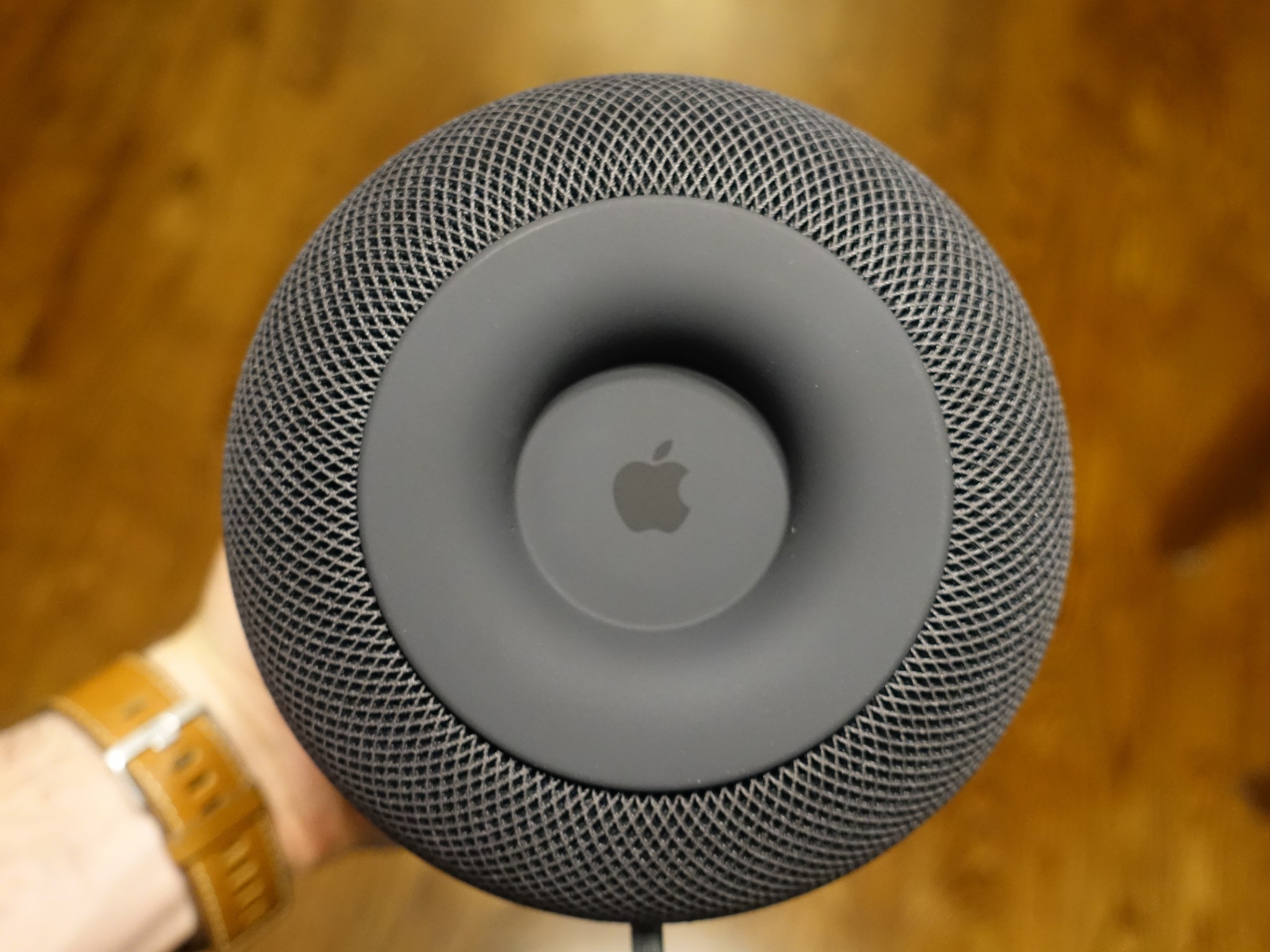
I prefer Apple Music to Spotify
I subscriptions to both Spotify and Apple Music, and I prefer the latter. Not only is the music selection better in Canada, but its 'For You' playlists tend to do a better job surfacing groups of songs that I love, or will soon love, better than Spotify.
Of course, HomePod only supports Apple Music, at least natively — you can manually push songs from Spotify's iOS app to the speaker — but there are millions of people for whom that's not going to be a problem. I do wish Apple would open up the market to Spotify and Tidal users, though.
I don't love Apple Music, but it's more capably picked up the mantle from now-defunct Rdio than Spotify, which still feels cumbersome and unfriendly to use, both on desktop and mobile. Every time I ask HomePod to "play something I like," similar to FKA Twigs in the brilliant Spike Jonze-directed HomePod commercial-slash-music-video, it does exactly that. Its playlists are creative and fun and more obviously curated. I like being able to use Apple TV to conjure a lean back HomePod listening experience, and I love the breadth of radio stations that don't just feel like randomly-generated playlists by another name.
I think, to put it plainly, there's a warmness to Apple Music that Spotify lacks and, like HomePod itself, draws me back time after time.
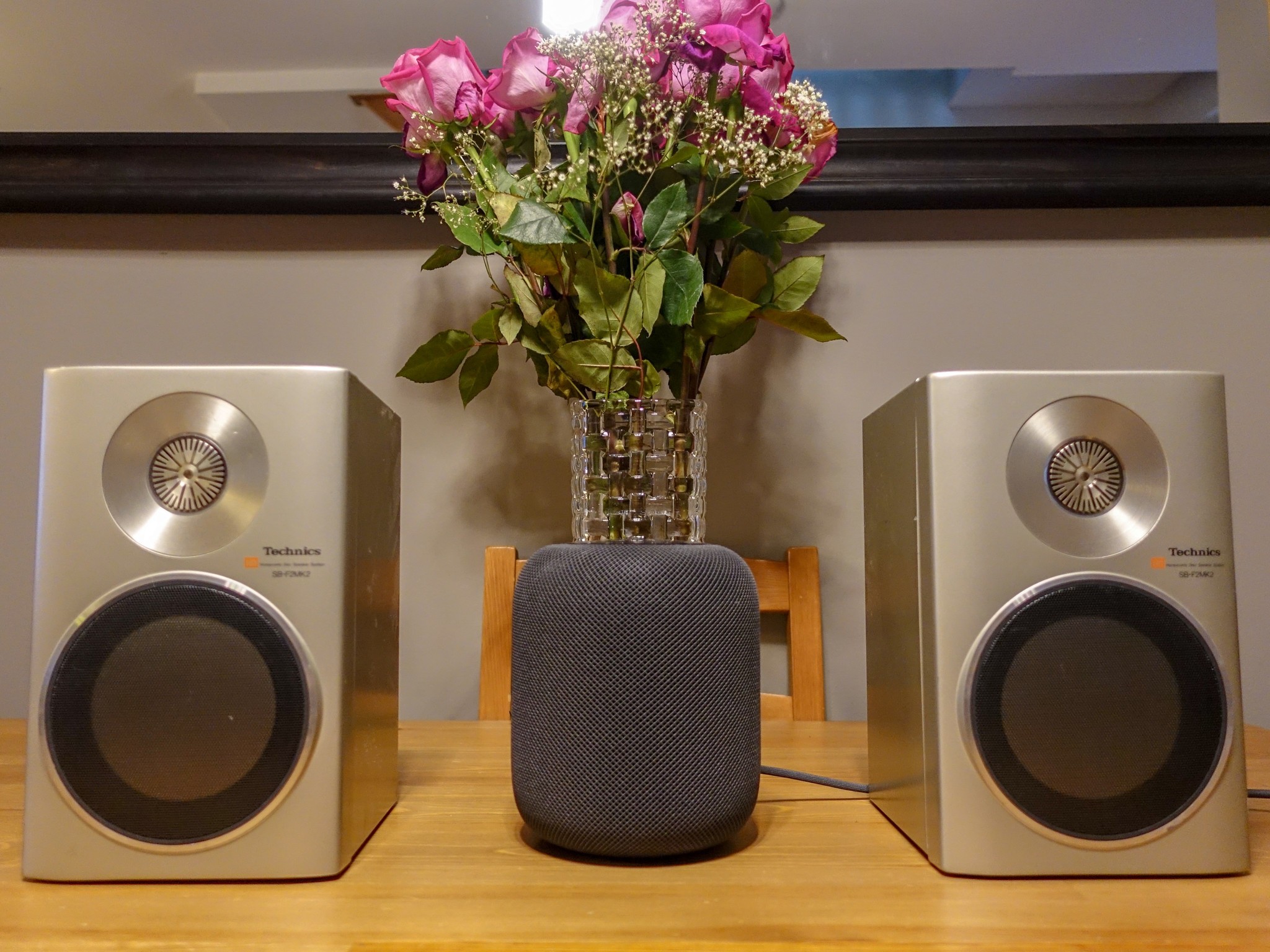
Siri gets the job done
From playing podcasts to turning off lights and reminding me to take out the trash, Siri works. It's not as robust as Google Assistant or as extensible as Alexa, but aside from a few common requests — multiple timers, or playing a streaming station outside of Apple Music — I'm pleased with it.
Siri still isn't as useful as Google Assistant or Alexa, but the way more people use it, the difference won't be that noticeable.
I'm especially pleased with Siri's ability to hear me with the music blaring at ear-piercing volumes, something that takes repeated tries on the Google Home Max. I'll be honest, though: I don't use voice assistants to send messages or hail Ubers. I only occasionally ask it what the sportsball score was from last night.
Weather. News. Sometimes Tom Cruise's age. Siri can do this.
I'm not apologizing for Siri — it is still way behind Google Assistant and Alexa in meaningful ways, but Apple knows this, and has been iterating quickly on its feature set. For the way I use a smart speaker, or the virtual assistant living inside it, Siri suits me just fine.
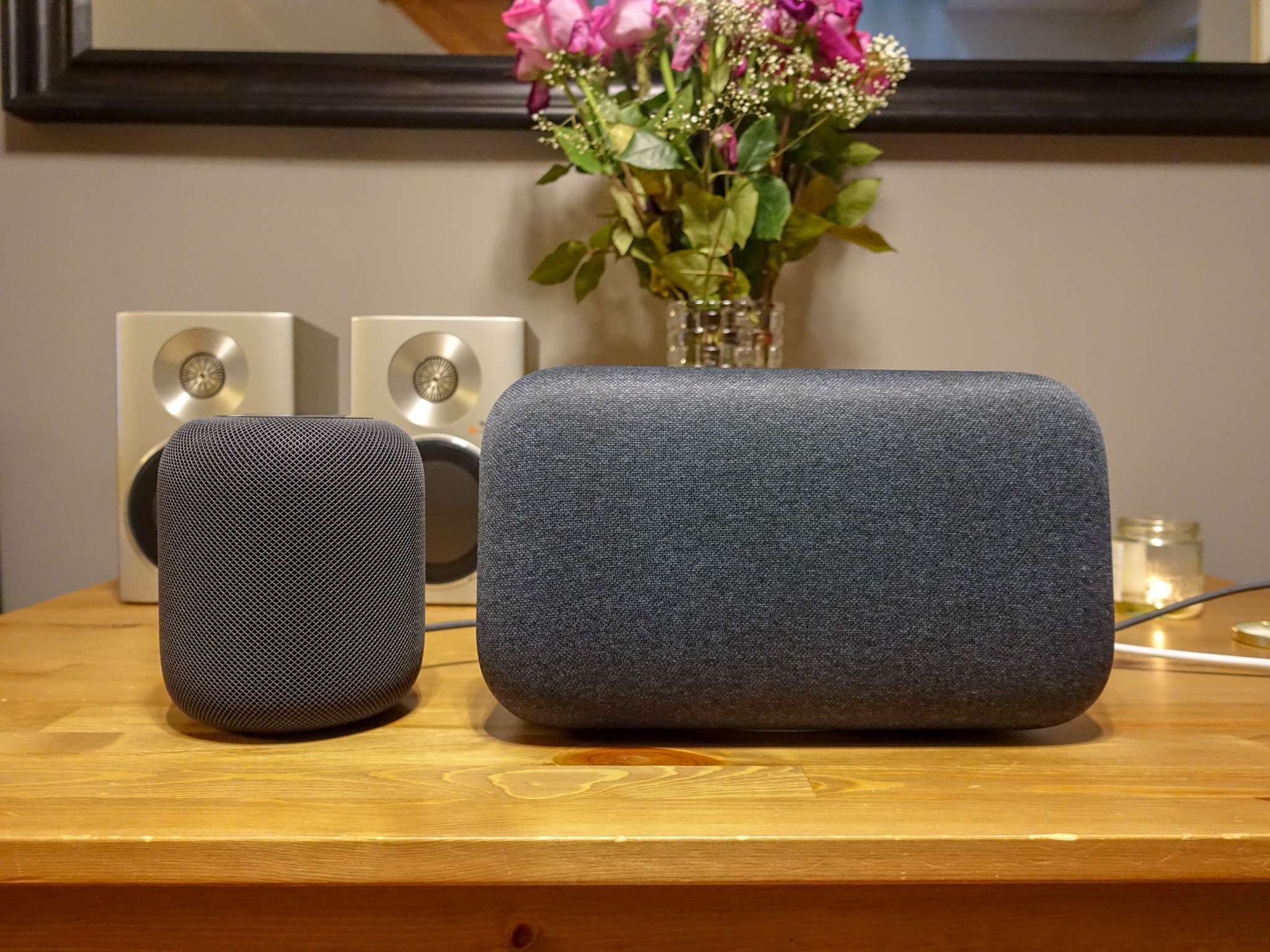
The Canadian competition
When I ask HomePod to play me "some Tragically Hip," it always plays Wheat Kings first. When I ask Google Home Max to do the same, it plays Poets. I'm only half kidding when I say that makes me like the HomePod even more.
As for the actual hardware, at $449 HomePod is certainly not cheap compared to the $179 Google Home or $130 Amazon Echo, but those speakers sound like tin cans compared to what Apple's offering.
The Sonos Play:5 may sound better than the HomePod, but it's more than twice the size, costs $200 more, and isn't nearly as smart. It's just not a good deal.
I've already said the HomePod sounds considerably better than the Google Home Max — I'm still surprised by how much given the size difference — but I haven't talked about the other Big Kahuna in the same space, the Sonos Play:5. In Canada, that behemoth is a whopping $650 — and though it sounds better, it currently requires being paired to an Alexa-enabled device like an Echo or Echo Dot to gain the same intelligence bundled with the $450 HomePod.
The Play:5 does indeed sound better than the HomePod, but not dramatically, and it's not $200 better. At the same time, the Play:5, along with the Sonos One, is set to gain AirPlay 2 compatibility later this year, making it a decent companion to the HomePod itself. But if I were to take the AirPlay 2 route, I'd get a second HomePod and pair them together, since doing so creates a true stereo experience that rivals most 2.1 systems. I had a chance to listen to such a setup, and it was transformative.
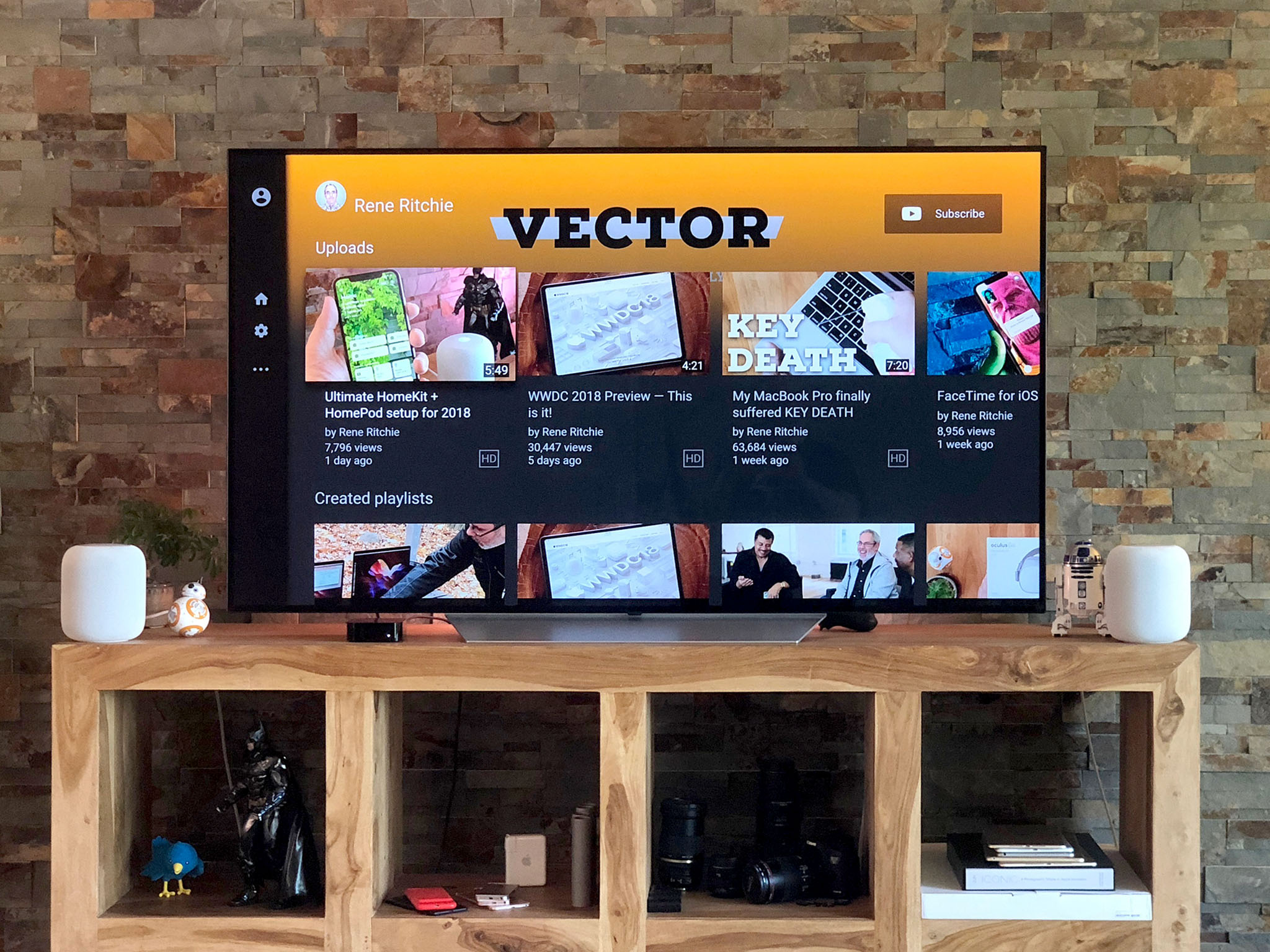
○ If you're an iPhone user with a Spotify subscription, give Apple Music a try and see if it works with your music tastes. If it does, consider the HomePod.
○ If you don't like Siri, or didn't like Siri in the past, know that Apple is investing billions of dollars to alleviate your concerns. If you can learn to live with it, consider the HomePod.
○ If you have an Android phone, you probably shouldn't consider a HomePod, but Rene has plenty of words to convince you to switch to iPhone.
Daniel Bader is a Senior Editor at iMore, offering his Canadian analysis on Apple and its awesome products. In addition to writing and producing, Daniel regularly appears on Canadian networks CBC and CTV as a technology analyst.
